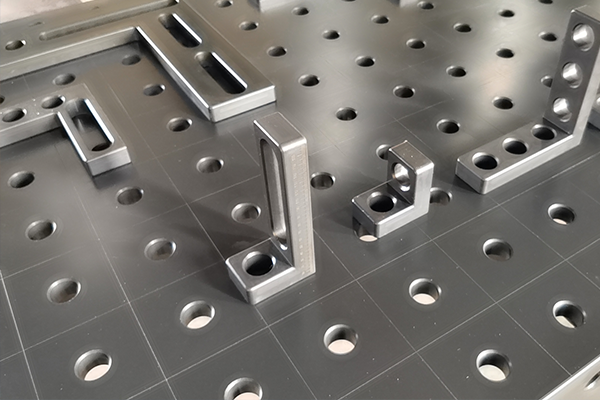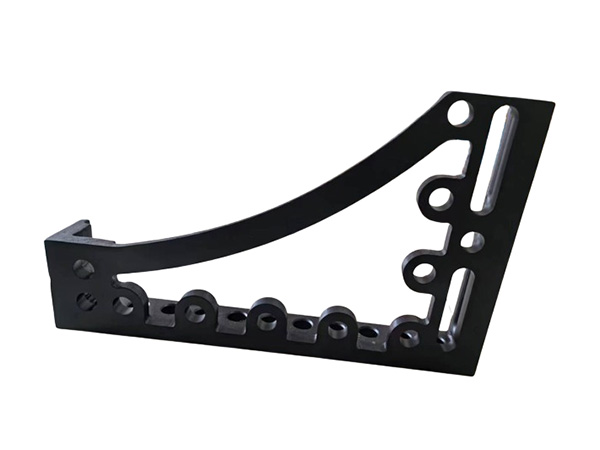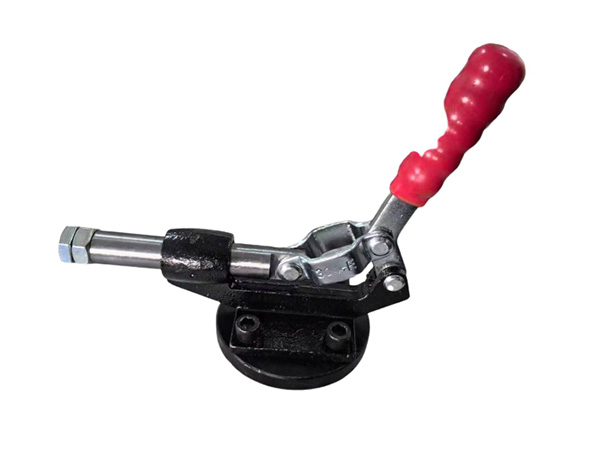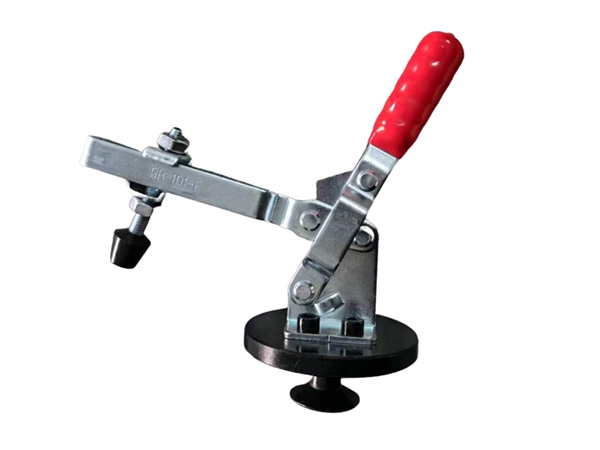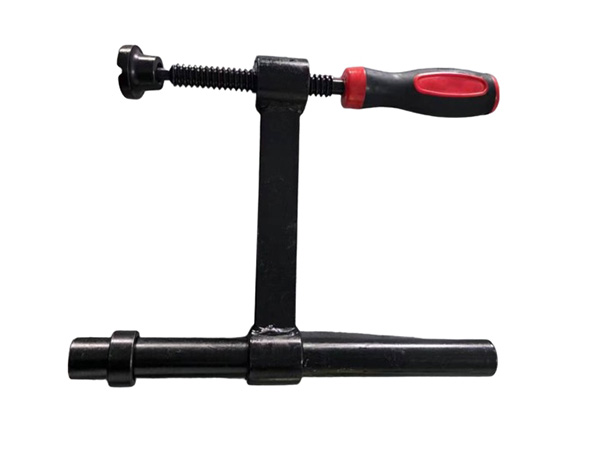- 网站导航 -
Address: Home > News > Technical documentation >
The Advantages of Flexible Welding Technology in Small Batch Production
Time:2024-10-19 12:24:19 Author:Fadetong Clicks:87Second-rate
Introduction
As the demand for customized products grows across industries, small batch production is becoming increasingly important. Unlike mass production, small batch manufacturing requires flexibility and efficiency to meet the diverse needs of clients. This is where flexible welding technology shines. It provides the adaptability required to handle various materials and designs while maintaining high-quality standards. In this article, we will explore the advantages of flexible welding technology in small batch production and why it is the perfect solution for manufacturers aiming to stay competitive in today’s dynamic market.
Why Small Batch Production is Growing
In today’s fast-paced market, customers expect personalized products, quicker turnarounds, and innovative designs. Whether it’s the automotive industry, aerospace, or medical device manufacturing, companies must be able to adjust their production processes rapidly to meet specific client demands. Small batch production allows manufacturers to deliver limited quantities of high-quality products with a focus on customization.
However, small batch production presents unique challenges, such as higher per-unit costs and the need for flexible processes to accommodate varying designs and material requirements. Flexible welding technology addresses these challenges by offering a scalable and adaptable welding solution.
Key Advantages of Flexible Welding in Small Batch Production
1. Adaptability to Different Materials and Geometries
Small batch production often involves using a wide range of materials, such as steel, aluminum, titanium, and even advanced composites. Flexible welding systems are designed to adapt to these different materials seamlessly, ensuring that manufacturers can work with whatever material the job requires. The flexibility of these systems also extends to handling complex geometries, allowing manufacturers to produce intricate designs without sacrificing strength or durability.
2. Cost-Effective Solutions
One of the main concerns in small batch production is keeping costs under control. With flexible welding, manufacturers can reduce costs by minimizing waste and increasing production efficiency. These systems often incorporate automation and precision controls, which reduce the need for rework and post-weld inspections. The result is a faster production process with fewer errors, helping manufacturers meet tight deadlines while staying within budget.
3. High Precision and Consistency
In small batch production, every unit must meet high standards of quality and precision. Flexible welding technology, especially methods like laser welding and robotic welding, allows for incredibly high precision, ensuring each weld is consistent across all units. This consistency is crucial for industries like automotive and aerospace, where safety and performance are paramount.
4. Quick Changeovers and Shorter Setup Times
Unlike traditional welding methods, which often require extensive setup and calibration for each new project, flexible welding systems can be quickly adjusted for different jobs. This ability to switch between projects with minimal downtime is particularly valuable in small batch production, where manufacturers frequently change over between different product lines. The shorter setup times lead to faster turnaround and more efficient production cycles.
5. Improved Scalability
Small batch production doesn’t always stay small. Some projects may start with limited quantities but eventually grow in demand. Flexible welding technology allows manufacturers to easily scale up production without significant additional investment. The automation and precision offered by these systems ensure that manufacturers can increase output without compromising on quality.
Applications of Flexible Welding in Small Batch Production
Flexible welding technology is being adopted across various industries that rely on small batch production. In the automotive industry, it’s used to produce limited-edition models and custom parts. The medical device sector benefits from its ability to weld intricate components required for advanced equipment. In aerospace, flexible welding is used to manufacture lightweight, high-strength components essential for small runs of specialized aircraft parts.
Future Trends in Flexible Welding and Small Batch Production
As industries move towards more customized production and on-demand manufacturing, flexible welding technology will continue to evolve. The integration of AI and machine learning in welding systems will further enhance precision, allowing manufacturers to produce even more complex designs with minimal human intervention. 3D printing and additive manufacturing will also combine with flexible welding to create hybrid solutions, enabling manufacturers to produce custom parts quickly and efficiently.
Conclusion
Flexible welding technology is revolutionizing small batch production, offering manufacturers the adaptability, precision, and cost-efficiency required to meet today’s dynamic market demands. By integrating flexible welding into their production processes, companies can enhance their ability to deliver high-quality, customized products while remaining competitive.
For manufacturers looking to embrace the future of production, flexible welding is not just an advantage—it's a necessity. Whether producing complex parts for the aerospace industry or custom components for the automotive sector, flexible welding provides the tools needed to thrive in a world of increasing customization and rapid innovation.

